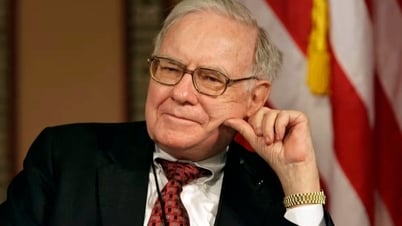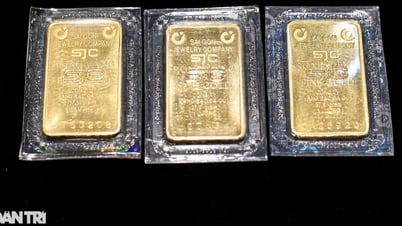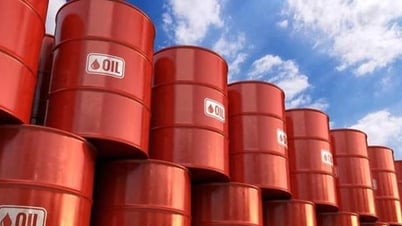A strike today at Chevron's liquefied natural gas (LNG) plants in Australia has pushed up European gas prices.
Benchmark European natural gas prices rose 11% on Thursday, reflecting the market’s continued vulnerability to last year’s energy crisis. Prices rose on news that workers at Chevron’s Australian plants were on strike after failing to reach a deal with the company.
The strike began this afternoon. Last year, the plants accounted for 7% of global LNG supply.
Currently, the workers are only on partial strike. But from September 14, they will stop working completely for 2 weeks.
Global gas markets have been volatile in recent weeks as traders await the impact of events in Australia. Earlier this month, the Offshore Alliance, which represents two unions in Australia, said it was preparing for strikes at the liquefied natural gas facilities of Chevron and Woodside Energy Group there.
Two weeks ago, Woodside announced a settlement with its workers. Meanwhile, the conflict at Chevron has not been resolved because the two sides still disagree on many core demands.
In a social media post today, the Offshore Alliance said Chevron’s demands were the “most unreasonable” of any company it had negotiated with in the past five years. “Our members have had enough,” the union said.
The impact of the strike on LNG deliveries may not be immediately felt. Gas consumption in Europe and Asia is relatively quiet at the moment. However, the risk of supply disruptions has pushed up gas prices, as competition among buyers is likely to peak during the winter peak season.
Today's strike "appears to be small-scale, aimed at increasing costs and reducing efficiency for Chevron, but has not yet had a real impact on production," said Saul Kavonic, an energy analyst at Credit Suisse Group.
Ha Thu (according to Bloomberg)
Source link
































![[Photo] General Secretary To Lam meets with Chairman of the Federation Council, Parliament of the Russian Federation](https://vphoto.vietnam.vn/thumb/1200x675/vietnam/resource/IMAGE/2025/5/10/2c37f1980bdc48c4a04ca24b5f544b33)
![[Photo] Ho Chi Minh City: Many people release flower lanterns to celebrate Buddha's Birthday](https://vphoto.vietnam.vn/thumb/1200x675/vietnam/resource/IMAGE/2025/5/10/5d57dc648c0f46ffa3b22a3e6e3eac3e)
































































Comment (0)